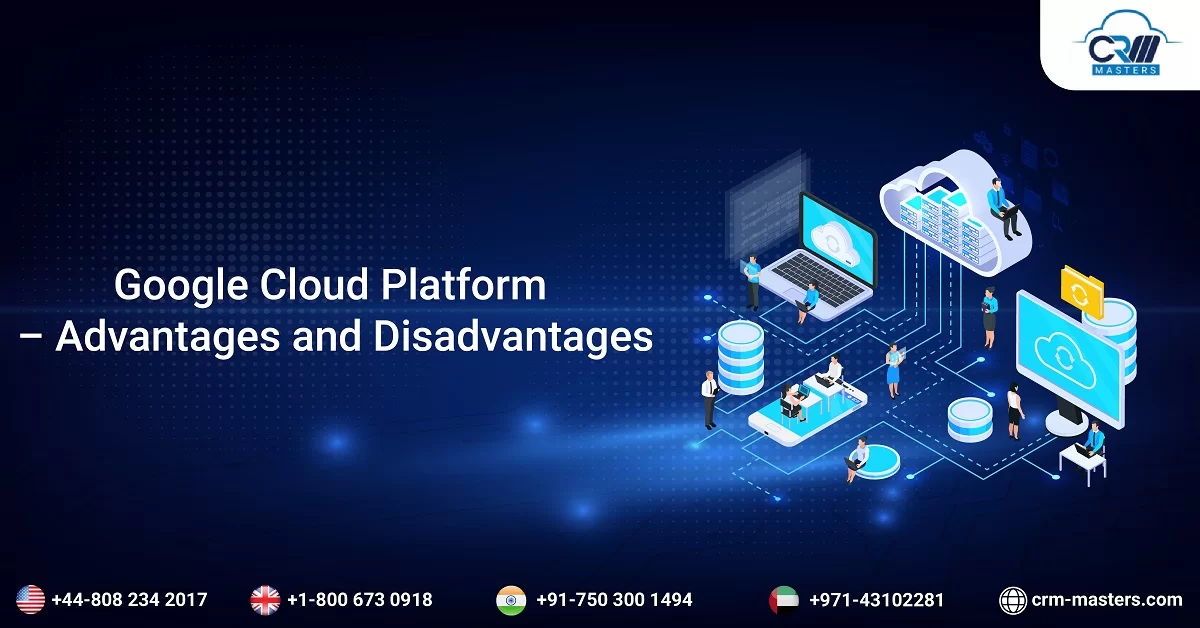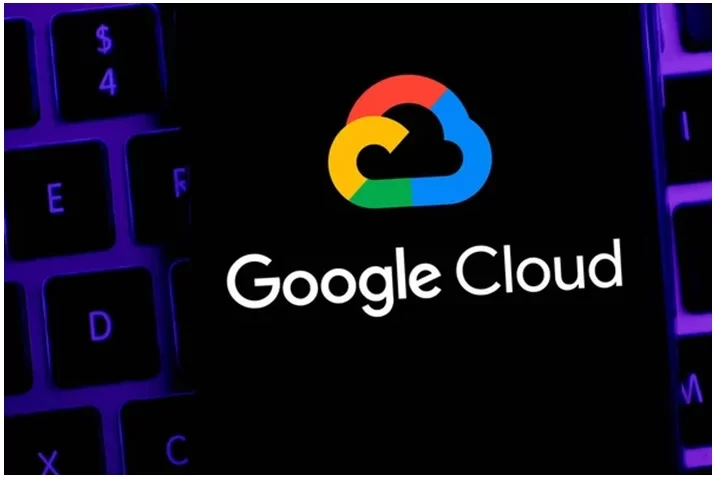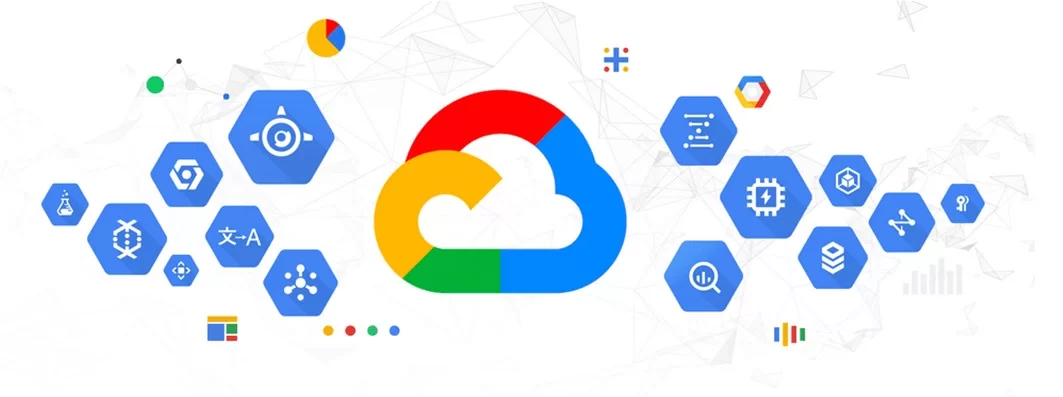
Google Cloud Platform – Advantages and Disadvantages
Google Cloud Platform (GCP) is a suite of cloud computing services that runs on the same infrastructure that Google uses internally for its end-user products, such as Google Search, file storage, and YouTube. It’s Google’s computing platform on which custom applications can be developed and hosted and provides its users with a wide range of services via the Internet.
Google Cloud Platform is one of the leading contenders for the highest spot amongst cloud providers. It is popular for many reasons. There are some amazing benefits that drive millions of users to the Google Cloud Platform every single day. Some of the benefits of the Google Cloud Platform include the following:
- High productivity: Google Cloud applications can handle tens of thousands of users at once without missing a beat.
- Quick collaboration: GCP allows quick collaboration for multiple users as they can be working from different countries and can yet access and edit a project at the same time.
- Pricing: GCP offers a monthly pricing plan which is billed according to the monthly usage. It also provides committed use discounts.
- Big Data: Google Cloud Platform has many innovative tools for cloud warehousing like BigQuery and real-time data processing tools like Google Cloud Dataflow.

- Live Migration: This is one of the biggest advantages of GCP which its competitors do not offer. You can perform live migrations of virtual machines during maintenance events. This means you’ll migrate live loads and there will be virtually no downtime in your services or websites.
- Highly Scalable: It is highly scalable and uses auto-scaling to automatically adjust the sum of virtual machine instances that are hosting your application. GCP allows your application to adapt to varying amounts of traffic.
- Strong security: The security behind your Google Cloud application is supported round-the-clock by over 500 experts and results from decades of research and development. Customers benefit from process-based and physical security investments made by Google as it hires leading security experts.
- Data Backups: Google Cloud has been praised for offering not one, but four data backups: cold line storage, nearline, regional, and multi-regional storage. Whenever your application or one of its components experiences an issue, then backups are done automatically.
- Reliability: A reliable application that your customers can turn to and a flawless user experience across your software. When it comes down to server maintenance time, you can always schedule it. Running multiple servers and eliminating downtime is another added advantage of the Google Cloud Platform (GCP) in terms of reliability. If a data center is not available, the system immediately falls back onto the secondary center without any service interruptions being visible to users.
Now, besides the numerous benefits that Google Cloud Platform offers, there are a couple of downsides to Google Cloud Platform as well. They are mentioned below:
- Expensive: Undoubtedly, cloud hosting is way more expensive than traditional hosting, although you get what you pay for.
- Data Centres: GCP has relatively few global data centres compared to its counterparts. It has just three data centers (US, Europe, and Asia).
- Customization: There are very few customization options available in GCP products such as BigQuery, Spanner, and Datastore. Problems are bound to emerge in case of any difference in your workflow from the way it’s meant to be used without any means to improve performance or to find out what’s happening.

- Application Engine: GCP Application Engine is limited to Java, Python, PHP, and Google Go only.
- Support: GCP’s support isn’t the strongest when it involves handling customer issues plus the support fees is quite expensive.
- Rate of Innovation: While the Google Cloud Platform is strong and built on a powerful infrastructure, it doesn’t innovate fast enough to keep pace or stay up to date with AWS (Amazon Web Services) or its other competitors. The changes take a long time to come into effect.
- Documentation: Google Cloud Platform has extensive documentation. It has many pages in total and therefore, the API Reference Guide is extremely detailed. On the other hand, the documentation is incomplete in some places. It fails to elucidate why you ought not to exceed certain limits, and sometimes, it makes assertions without sufficient explanation. Self-contradiction can be pretty apparent in GCP documentation due to conflicting statements on its different pages. Also, sometimes important information is left out.
A wide range of powerful tools and options offered by Google Cloud Platform can help companies of any size or proportion expand their applications and web services. Google’s network and server infrastructure is unparalleled and offers exceptional performance. The managed services offered by GCP are ideal for Machine Learning, AI (Artificial Intelligence), Big Data, and lots of other emerging state-of-the-art technologies.
CRM Masters Infotech LLP is a premium ZOHO and Salesforce partner specializing in CRM implementation, customization, and support services. Equipped with excellent communication skills in English, it has successfully handled clients from the US, UK, and Europe. While taking pride in building lasting relationships with its clients, CRM Masters’ motto is to provide high-quality services to them at an affordable cost.












